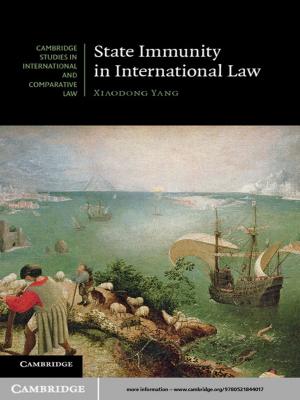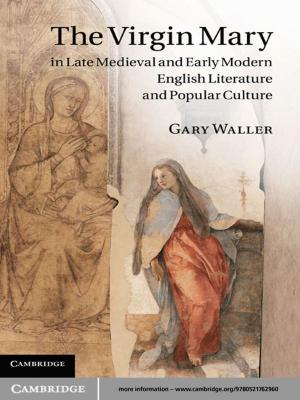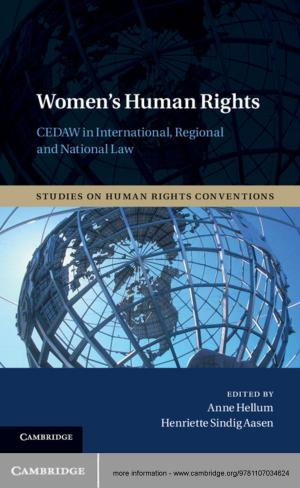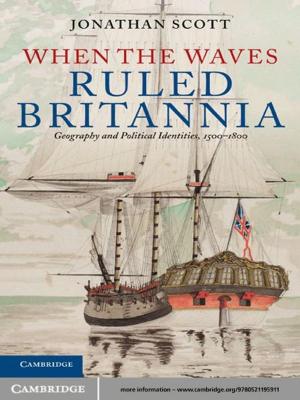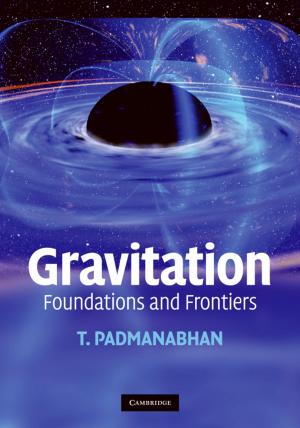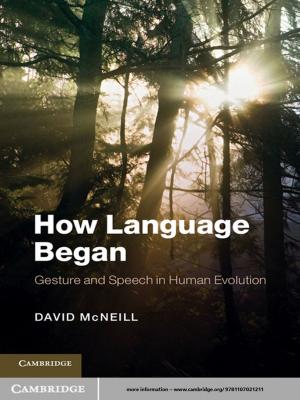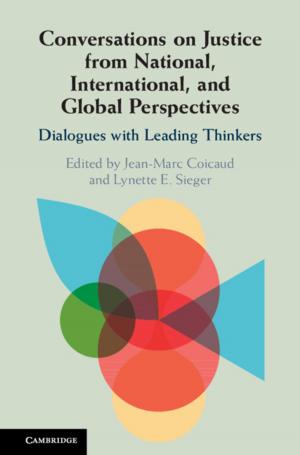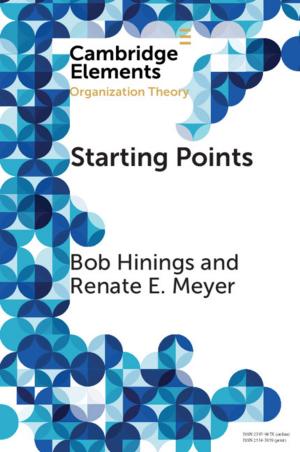Trust in Early Modern International Political Thought, 1598–1713
Nonfiction, Social & Cultural Studies, Political Science, Politics, History & Theory, Reference & Language, Law, Social Science| Author: | Peter Schröder | ISBN: | 9781316811863 |
| Publisher: | Cambridge University Press | Publication: | March 6, 2017 |
| Imprint: | Cambridge University Press | Language: | English |
| Author: | Peter Schröder |
| ISBN: | 9781316811863 |
| Publisher: | Cambridge University Press |
| Publication: | March 6, 2017 |
| Imprint: | Cambridge University Press |
| Language: | English |
Can there ever be trust between states? This study explores the concept of trust across different and sometimes antagonistic genres of international political thought during the seventeenth century. The natural law and reason of state traditions worked on different assumptions, but they mutually influenced each other. How have these traditions influenced the different concepts and discussions of trust-building? Bringing together international political thought and international law, Schröder analyses to what extent trust can be seen as one of the foundational concepts in the theorising of interstate relations in this decisive period. Despite the ongoing search for conditions of trust between states, we are still faced with the same structural problems. This study is therefore of interest not only to specialists and students of the early modern period, but also to everyone thinking about ways of overcoming conflicts which are aggravated by a lack of mutual trust.
Can there ever be trust between states? This study explores the concept of trust across different and sometimes antagonistic genres of international political thought during the seventeenth century. The natural law and reason of state traditions worked on different assumptions, but they mutually influenced each other. How have these traditions influenced the different concepts and discussions of trust-building? Bringing together international political thought and international law, Schröder analyses to what extent trust can be seen as one of the foundational concepts in the theorising of interstate relations in this decisive period. Despite the ongoing search for conditions of trust between states, we are still faced with the same structural problems. This study is therefore of interest not only to specialists and students of the early modern period, but also to everyone thinking about ways of overcoming conflicts which are aggravated by a lack of mutual trust.


